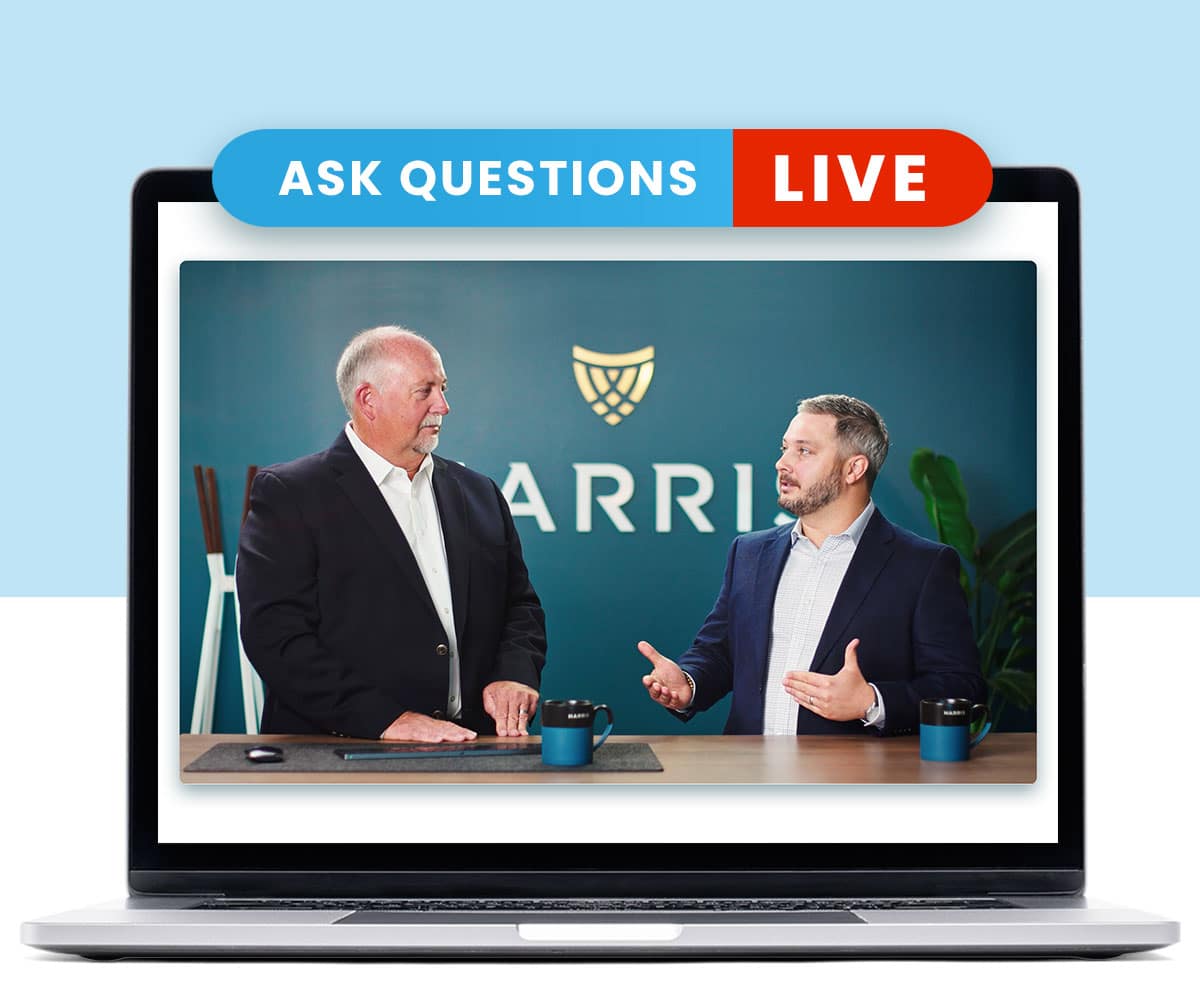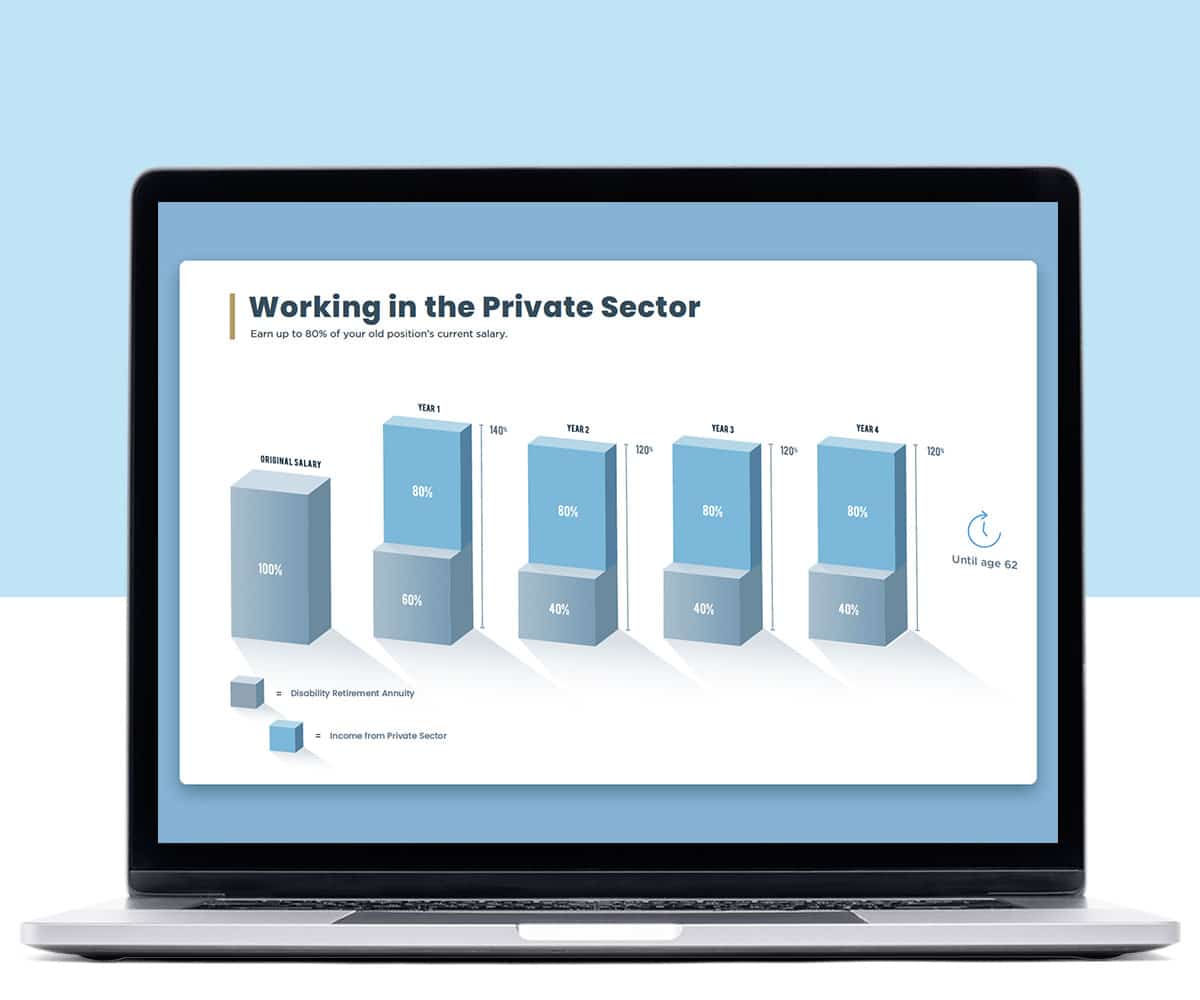Last week, Harris Federal hosted another successful training webinar entitled What Does OWCP Federal Workers Compensation Cover?. We would like to thank everyone who tuned in, and encourage you to plan ahead and register for our November webinar, Myth-Busting: Federal Disability Retirement.
The OWCP Federal Workers Compensation training covered a lot of valuable information. In case you missed out on the webinar, here is a brief summary of what we covered:
What is the OWCP?
The Office of Workers’ Compensation Programs (OWCP) is a faction of the Department of Labor (DOL), and abides by the Federal Employees Compensation Act (FECA), which is the governing law over federal workers compensation.
Once the initial federal workers compensation claim is filed, it will be reviewed by a claims examiner. Learn more about the requirements for a claim to be approved.
What Does the OWCP Cover?
- Death/Burial Expenses: Survivors of a federal employee, whose death is work-related, are entitled to benefits including compensation payments, funeral expenses and transportation expenses for the remains.
- Vocational Rehabilitation: If a federal agency cannot re-employ a worker who is receiving OWCP benefits, then the vocational rehabilitation program is mandatory. If a worker does not cooperate, then the OWCP has the right to suspend monetary benefits.
- The claims examiner is in charge of referring a worker into the vocational rehabilitation program. The claims examiner must determine that the employee’s file contains stable, well-defined work limitations, and that the file’s medical evidence indicates objective residuals of work-related injuries. The claims examiner must also indicate which medical report or physician specifies the employee’s work limitations.
- The employee is then assigned to work with a rehabilitation counselor, who documents the employee’s wage earning capacity and assists with their return to work.
- The rehabilitation counselor’s role is important; however, some are often motivated to simply remove the claimant from the OWCP payroll. It is very important that a claimant understands his or her rights during this process. They should read Part 2 of the FECA Manual at 2-0813, which explains the vocational rehabilitation program along with the rights and expectations of both the claimant and the rehabilitation counselor.
- A claimant may also consider bringing a tape recorder to every meeting with their rehabilitation counselor. This will provide evidence in case there is a later issue. If a rehabilitation counselor has an extreme reaction to the tape recorder, it may be a clue that their motives may not align with the claimant’s interests. This is even more reason a claimant should keep cautious and pay attention to the details of their case.
- Wage Loss Compensation: An injured worker who is unable to work due to an accepted OWCP injury can receive compensation payments for time lost due to medical appointments, physical therapy and/or reduced work hours caused by medical restrictions. This pay rate is 66 percent of a worker’s salary if there are no dependents and 75 percent if there are dependents. If the claimant qualifies for temporary total disability, their compensation should continue as long as medical evidence supports total disability.
- Continuation of Pay (COP): If a worker suffers from a traumatic injury, then their regular pay will continue for up to 45 days, after which the disability will continue.
- Medical Benefits: Medical treatments for the approved work-related injury will be covered by the OWCP, and should continue for the lifetime of the injury. This ONLY applies to medical treatment pertaining to the accepted injuries.
- Schedule Awards: If the approved work-related injury causes lifetime impairment, then the worker may be qualified to receive a schedule award.
OWCP Workers Compensation Offsets Against Other Benefits
A worker cannot concurrently receive federal workers compensation wage loss benefits if they also:
- Receive schedule award benefits
- Receive Office of Personnel Management (OPM) Federal Disability Retirement benefits
- Work in the private sector
Long-Term and Short-Term Strategies
A federal worker may consider multiple approaches when planning both long-term and short-term strategies. The most appropriate plan of action always depends on a worker’s age and existing assets. At Harris Federal, we always detail the various options that pertain to an individual client’s specific case. If you think you may qualify for federal workers compensation, or federal medical disability benefits, please call us for a free consultation.



